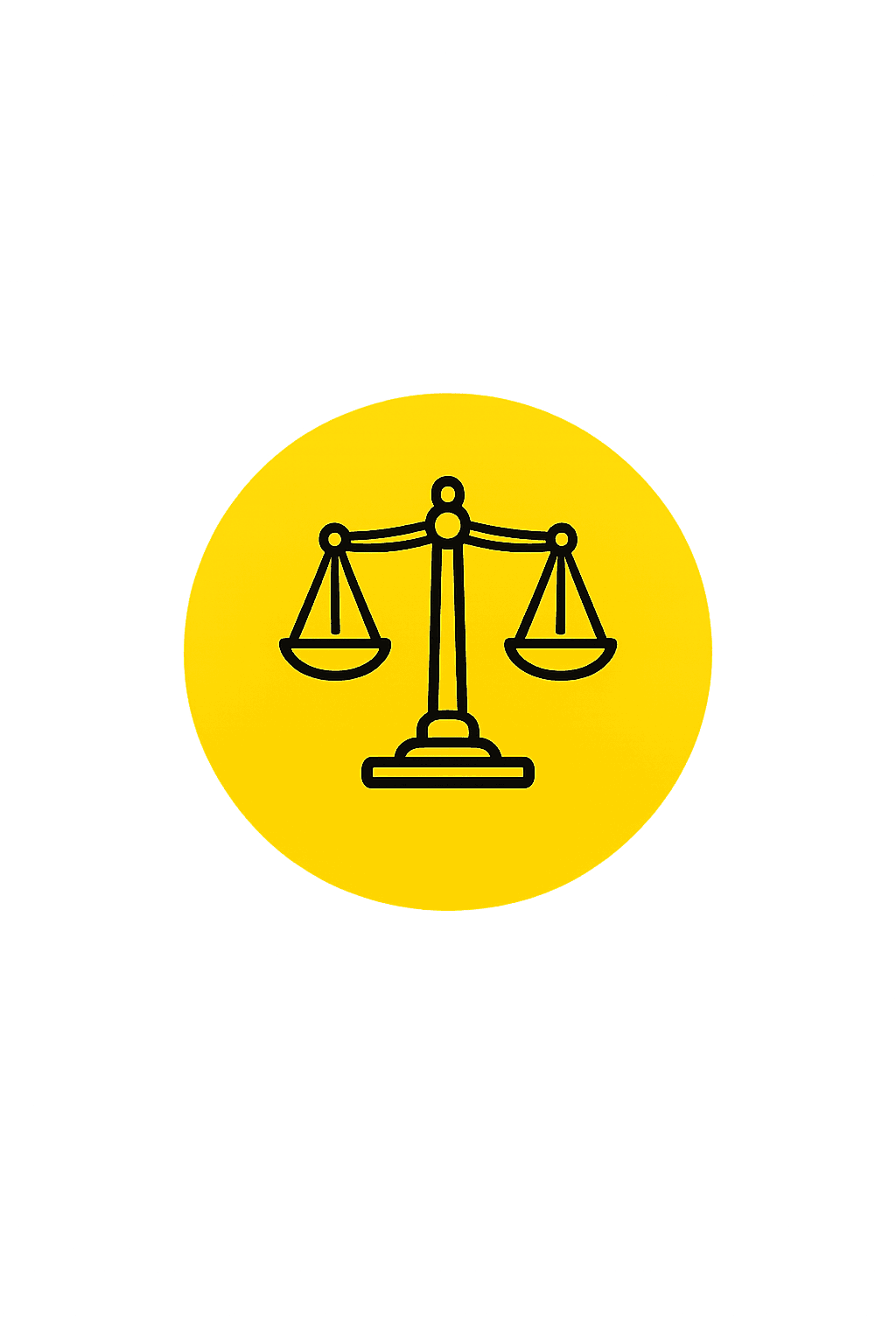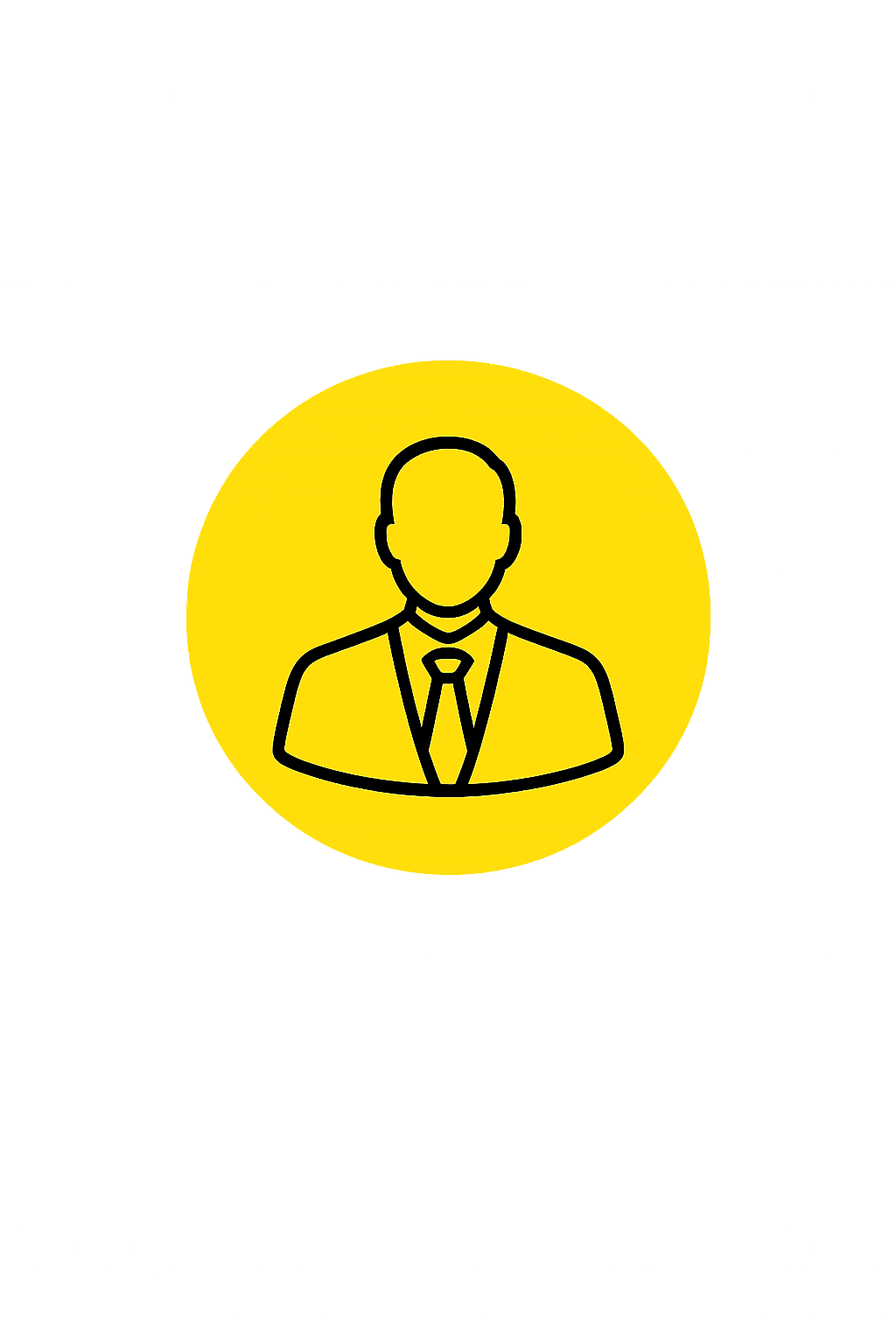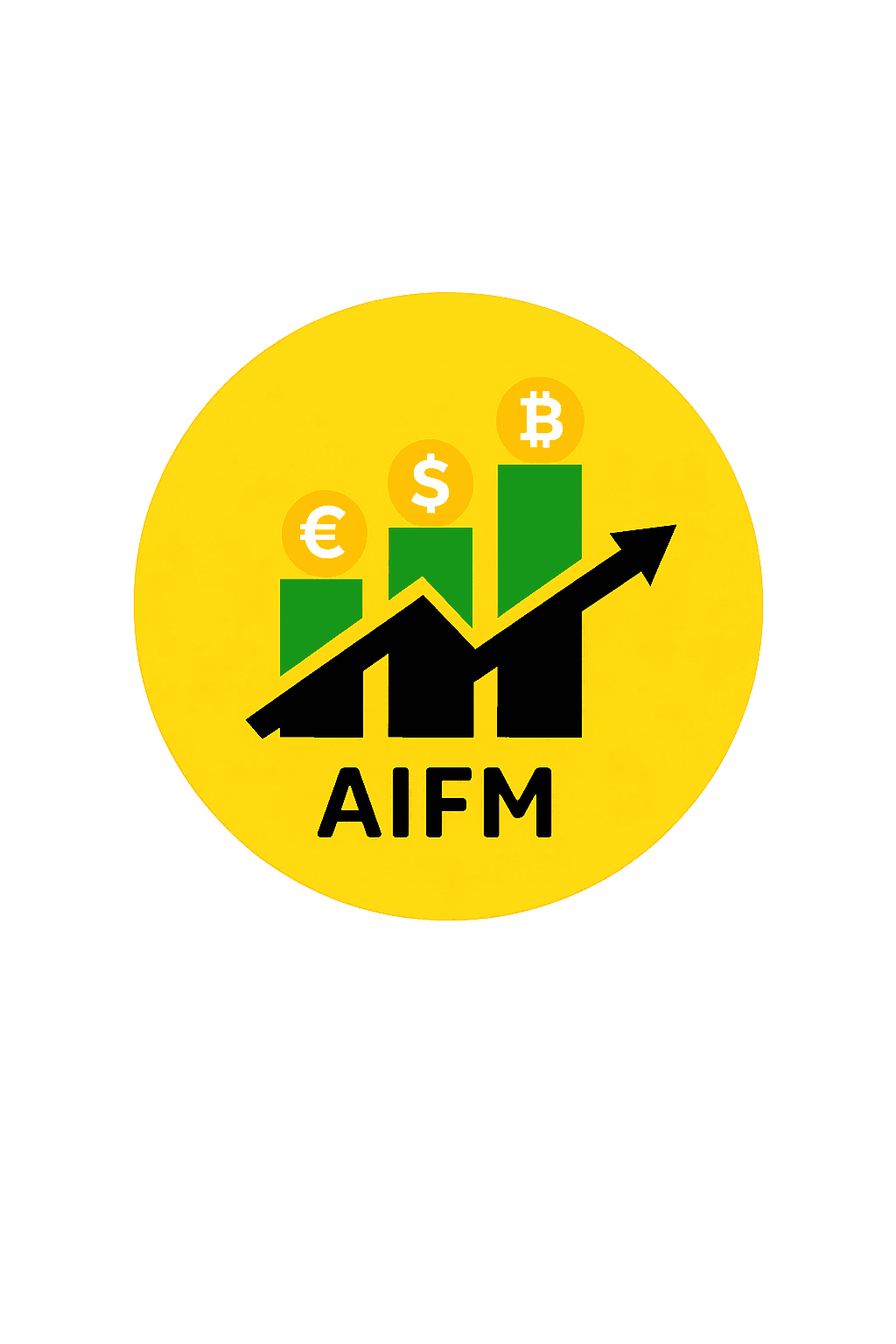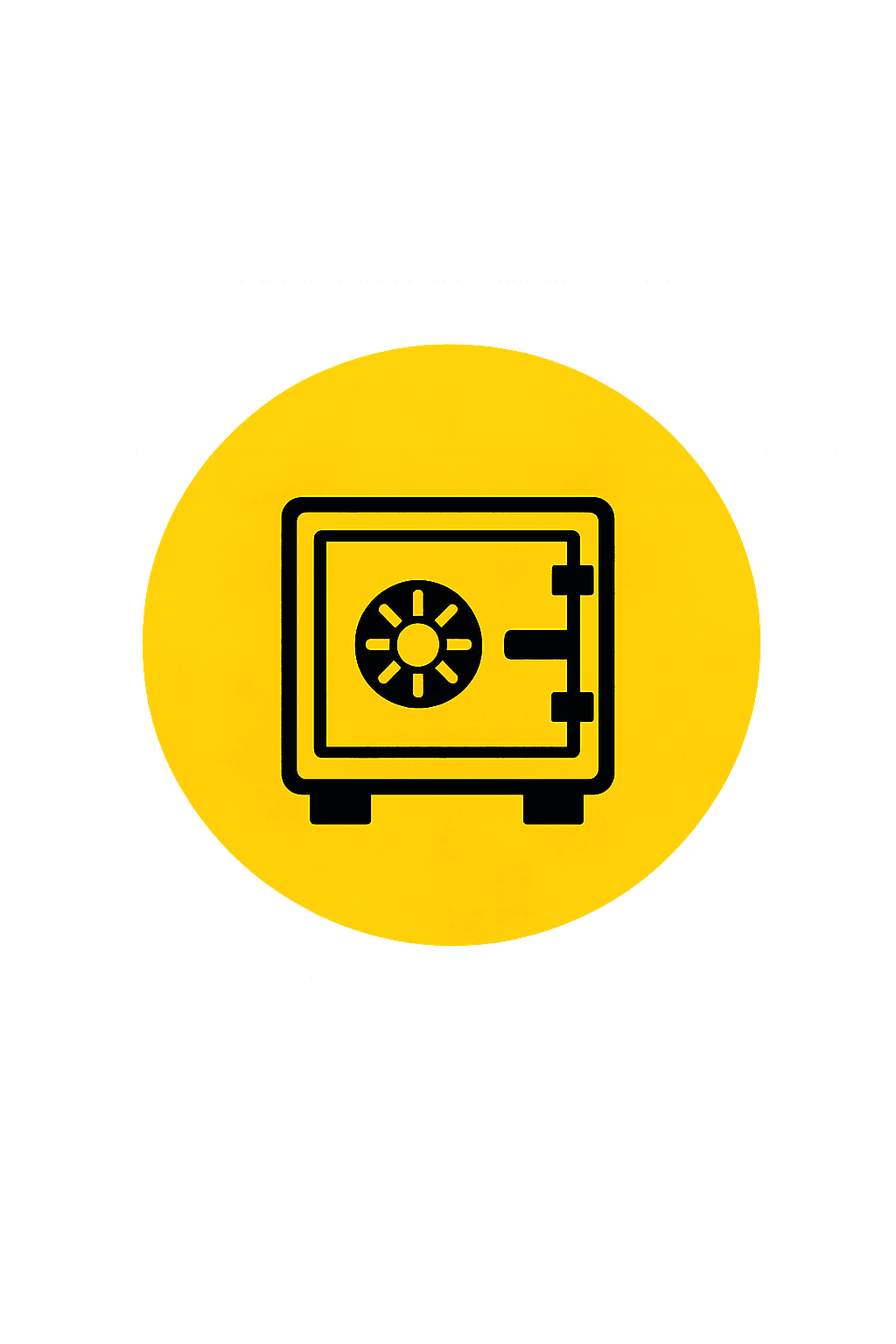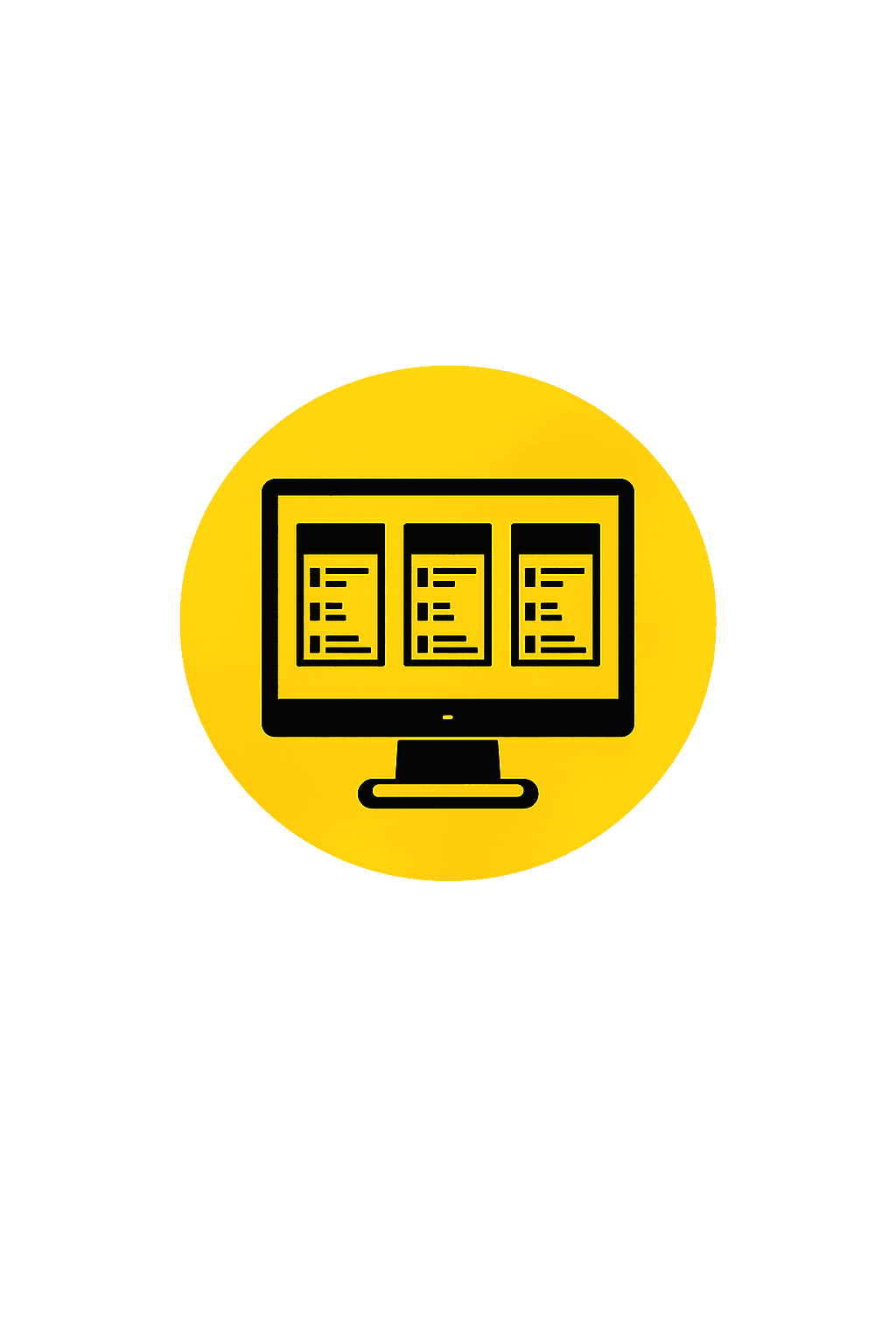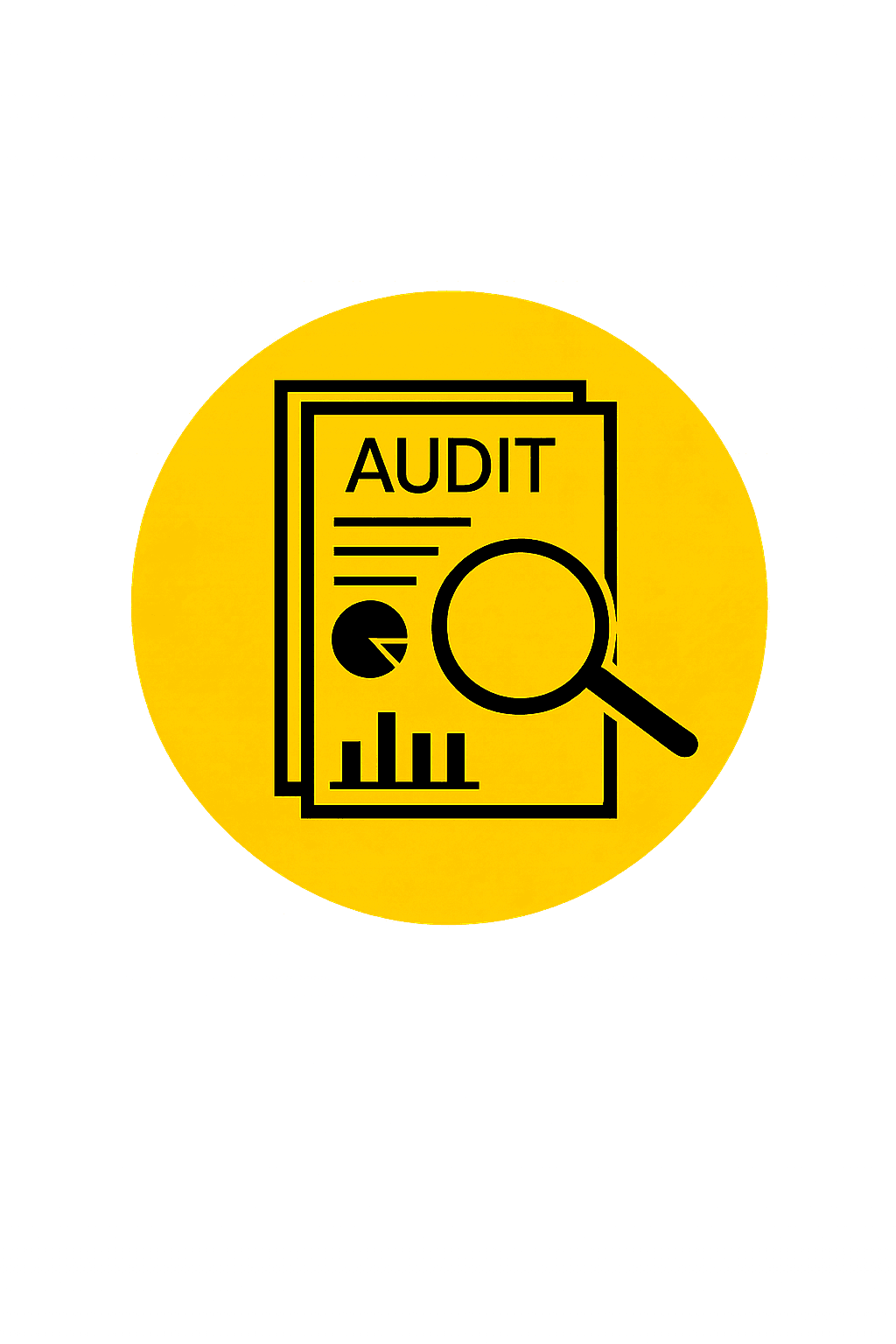From Frankfurt, Germany to Luxembourg, global entrepreneurs and investors find a powerful strategic corridor for business expansion. Frankfurt offers Europe’s leading financial infrastructure, a strong workforce, and real estate opportunities, while Luxembourg complements it with internationally recognized holding and fund vehicles, competitive taxation, and a stable regulatory framework. Together, these two hubs allow companies to combine operational strength with efficient cross-border structuring. Whether establishing a GmbH or AG in Frankfurt or a S.à r.l. or RAIF or ScSp (SLP) in Luxembourg, investors benefit from secure legal foundations, fiscal optimization, and access to Europe’s most dynamic financial and investment markets.
Frankfurt, Germany: Europe’s Operational Powerhouse
Frankfurt am Main is Germany’s finance capital and a prime entry point for EU operations, combining deep capital markets, multilingual talent, and world-class infrastructure.
At year-end 2024, the city recorded 776,843 residents (Rhine-Main metro > 5.8m), confirming steady post-pandemic growth and a robust labor pool.
Main Business Districts & Streets in Frankfurt
For site selection, Frankfurt’s commercial geography matters for banking access, client proximity, and prestige addresses.
- Bankenviertel (Financial District) – core high-rises and banks clustered around Neue Mainzer Straße, Junghofstraße, Große Gallusstraße, Taunusanlage, Kaiserstraße, and Opernplatz.
- Mainzer Landstraße – corridor of HQs and premium offices linking Taunusanlage to Platz der Republik.
- Zeil – Frankfurt’s top retail artery and footfall magnet.
- Europaviertel / Messe – mixed-use offices, hotels, residential near one of the world’s largest trade-fair venues.
Market Trends & Growth Sectors in Frankfurt
Frankfurt brings a diversified pipeline across financial services, digital infrastructure, logistics, and life sciences.
- Banking & Markets: ECB, Bundesbank, and Frankfurt Stock Exchange ecosystem underpin asset management, brokerage, and financing mandates.
- Digital & Data: Europe-leading connectivity, major cloud and IXPs; continuous demand for resilient office and edge facilities.
- Logistics & Aviation: Frankfurt Airport anchors European cargo networks and just-in-time supply chains.
- Healthcare & Life Sciences: pharma/biotech corridor supports R&D and clinical services.
Real Estate Opportunities in Frankfurt
Investors continue to target core offices in the Bankenviertel and high-quality mixed-use in Europaviertel, with planning-led densification supporting medium-term value creation.
Legal Company Forms in Germany
Choosing the optimal legal form drives governance, liability allocation, and investor readiness.
- GmbH (Gesellschaft mit beschränkter Haftung) – minimum share capital: €25,000.
- UG (haftungsbeschränkt) – simplified GmbH with capital starting at €1; profits retained until €25,000.
- AG (Aktiengesellschaft) – minimum share capital: €50,000.
German Investment Funds
German funds are governed by the Investment Code and split into UCITS and AIF regimes to address retail vs. professional capital.
- UCITS/OGAW and AIF structures under the Kapitalanlagegesetzbuch (KAGB) support liquid and alternative strategies.
- Spezial-AIF for professional investors; Publikumsfonds for retail distribution.
Corporate Taxation in Frankfurt
Germany applies a federal corporate tax with a solidarity levy and a municipal trade tax determined by the city multiplier.
- Corporate Income Tax (KSt): 15% (KStG)
- Solidarity Surcharge: 5.5% of corporate tax (SolZG)
- Trade Tax (Gewerbesteuer): base rate 3.5% × Hebesatz; Frankfurt’s 2025 multiplier is 460% (GewStG · Frankfurt Hebesatzsatzung 2025).
Indicative combined burden for a Frankfurt corporation is about 30% (CIT + solidarity + trade tax), subject to each taxpayer’s facts. To apply for EORI Number, click the link.
Luxembourg: Europe’s Holding & Fund Structuring Hub
Luxembourg complements Frankfurt’s operational scale with best-in-class holding and fund vehicles, deep service infrastructure, and EU passporting.
Luxembourg Company Forms
Luxembourg Corporate law provides efficient vehicles for cross-border investment and treasury functions.
- S.A. (Société Anonyme): minimum share capital: €30,000
- S.à r.l.: minimum share capital: €12,000
- S.à r.l.-S: simplified private limited company starting at €1
- SCA: limited partnership with share capital
Legal basis: LIR (Income Tax Law) and corporate laws via Legilux.
Most-Used Luxembourg Company & Fund Vehicles
Luxembourg has developed a legal framework that offers entrepreneurs, investors, and family offices a wide spectrum of corporate and investment fund vehicles. These structures are grounded in Luxembourg company law and specific fund legislation, and they are internationally recognized for their efficiency in cross-border transactions.
SOPARFI (Société de Participations Financières)
The SOPARFI is Luxembourg’s standard holding company, used for private equity, group financing, and management of participations. It is governed by general company law (Law of 10 August 1915 – Legilux). SOPARFIs benefit from the participation exemption regime, allowing dividends and capital gains from qualifying shareholdings to be exempt from corporate taxation.
SPF (Société de Gestion de Patrimoine Familial)
The SPF (société de gestion de patrimoine familial) is a vehicle created for private wealth management. Reserved exclusively for individuals or their family offices, the SPF is not subject to corporate income tax, municipal business tax, or net wealth tax. Instead, it pays a modest annual subscription tax (0.25%), with a minimum threshold defined by law. Its legal framework is set out in the (Law of 11 May 2007 – Legilux).
UCITS (Undertakings for Collective Investment in Transferable Securities)
UCITS are harmonized retail funds regulated under the Law of 17 December 2010 – Legilux. They enjoy full EU passporting rights, enabling distribution across the European Union. UCITS remain the gold standard for regulated, liquid funds.
RAIF (Reserved Alternative Investment Fund)
Introduced by the Law of 23 July 2016 – Legilux, RAIFs combine flexibility with speed of setup. They do not require prior CSSF approval but must be managed by an authorized AIFM. RAIFs can be structured as open-ended or closed-ended and are commonly used for private equity, real estate, and debt strategies.
SIF (Specialized Investment Fund)
The SIF, established under the Law of 13 February 2007 – Legilux, is designed for professional and institutional investors. It allows wide flexibility in eligible assets and investment policies, subject to CSSF supervision.
SICAR (Société d’Investissement en Capital à Risque)
The SICAR is dedicated to private equity and venture capital. Created by the Law of 15 June 2004 – Legilux, it benefits from tax exemptions on qualifying investments and is widely adopted by PE sponsors.
AIF (Alternative Investment Fund)
The AIF is a broad legal category defined by the EU Alternative Investment Fund Managers Directive (AIFMD). It encompasses RAIFs, SIFs, SICARs, and other non-UCITS collective investment schemes. Luxembourg’s role as Europe’s leading AIF domicile ensures global recognition and investor confidence.
Luxembourg Corporate Taxation (2025)
Luxembourg combines a moderate headline rate with participation exemption and treaty depth; figures below reflect the capital’s rates for 2025.
- CIT (impôt sur le revenu des collectivités): 16% for income > €200,000 (ACD: charge fiscale globale).
- Employment fund surcharge: 7% of CIT (Guichet.lu).
- Municipal business tax (Luxembourg City): 6.75% (ACD).
Effective combined rate (Luxembourg City, 2025): 23.87% (CIT 16% + 7% surtax on CIT + 6.75% municipal). Legal base: LIR · municipal tax via ACD tables linked above.
Strategy: Frankfurt Operations + Luxembourg Holdings/Funds
Many groups deploy Frankfurt for regulated operations and origination while booking participations, co-investments, and fund vehicles through Luxembourg to align governance, tax neutrality, investor familiarity, and EU passporting.
Please contact your Damalion expert now whether to setup your German company or your Luxembourg company or investment fund.
10 Best Things to Do in Frankfurt am Main, Germany in 24 Hours
Maximize a tight schedule with official, easy-to-reach highlights clustered around the Bankenviertel.
- European Central Bank (ECB) – architecture + eurozone context. Jump to map
- Städel Museum – world-class collection on the Museumsufer.
- Alte Oper – historic opera house at Opernplatz.
- Palmengarten – botanical respite near Westend.
- Museumsufer – cluster of museums along the Main.
- Bankenviertel & High-Rises – walk past Neue Mainzer Straße, Taunusanlage.
- Römer & Altstadt – medieval heart and city hall.
- Main Tower – observation deck over the skyline.
- Goethe University Botanical Garden – academic green space.
- The Squaire (FRA) – business complex above the rail/air hub.

















